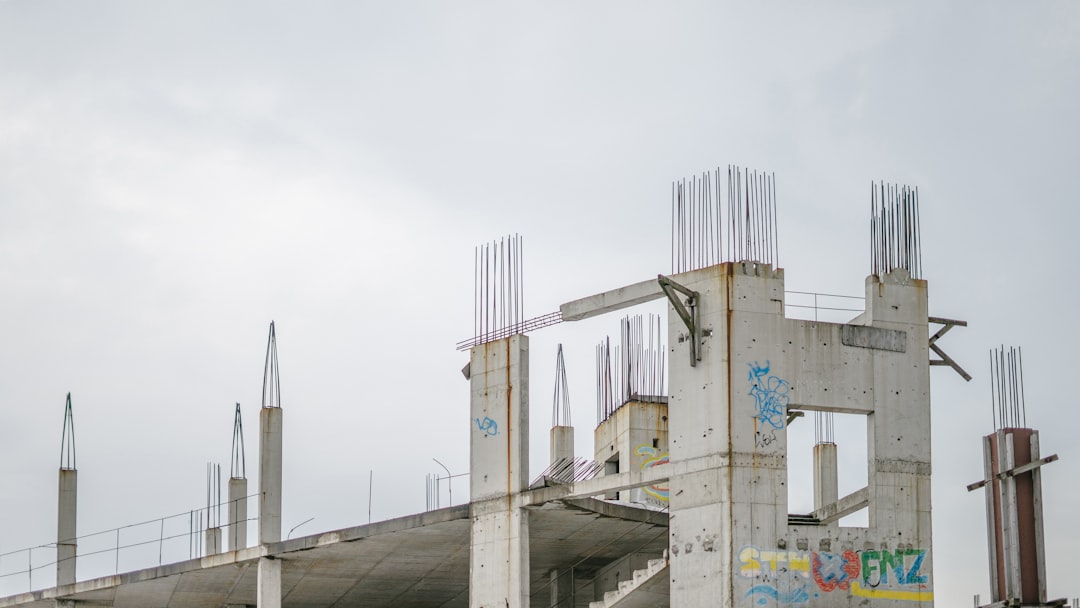Brick and Blocklayer Ringa Tiri Pereki/Ringa Tiri Poraka
Brick and blocklayers lay bricks, concrete blocks and tiles to construct or repair buildings, walls, arches, chimneys or paved areas.
Some building work must be carried out or overseen by a Licensed Building Practitioner. To get a licence, you have to prove your experience and/or have appropriate qualifications.
Brick and blocklayers may do some or all of the following:
- consult with clients
- design and draw bricklaying plans
- read and follow construction plans
- cut and shape bricks, blocks and tiles
- make and place mortar
- lay bricks, blocks and tiles in rows or shapes
- alter, repair and restore brickwork.
Physical Requirements
Brick and blocklayers need to be reasonably fit and healthy, and need to have strong arms and a strong back.
Useful Experience
Useful experience for brick and blocklayers includes:
- industrial, interior or landscape design work
- construction site labouring
- any other work in the building construction industry.
Personal Qualities
Brick and blocklayers need to be:
- accurate
- motivated, and able to work to strict deadlines
- able to work well independently and as part of a team
- comfortable working at heights and in confined spaces
- good communicators.
Skills
Brick and blocklayers need to have knowledge of:
- bricklaying methods, materials and tools
- the ability to interpret building plans and drawings
- laying bricks, blocks or tiles skills
- basic carpentry and maths skills
- decorating styles
- health and safety requirements.
Conditions
Brick and blocklayers:
- usually work long hours, including early mornings, evenings and weekends
- work outside on construction sites and inside buildings, in conditions that may be noisy and dirty
- travel locally to building sites.
Subject Recommendations
No specific secondary education is required for this job, but English, maths and construction and mechanical technologies to at least NCEA Level 2 are useful.
Year 11 and 12 learners can find out more about the construction industry, and gain relevant skills, by doing a National Certificate in Building, Construction and Allied Trades (Levels 1 and 2) through the BConstructive programme.
For Year 11 to 13 learners, trades academies and the STAR and Gateway programmes are good ways to gain relevant experience and skills.
These programmes may help you gain an apprenticeship, but do not reduce the amount of time it takes to complete it.
Related Courses
Brick and Blocklayers can earn around $23-$25 per hour.
Chances of getting a job as a Brick and Blocklayer are good due to a shortage of people interested in this type of work.
Pay for brick and blocklayers depends on their skills and experience, and whether they are employed or contracted. Most qualified brick and blocklayers are self-employed.
- Apprentice brick and blocklayers usually start on the minimum wage, but earn more as they gain experience.
- Brick and blocklayers with over five years' experience usually earn $25 to $35 an hour.
- Qualified brick and blocklayers with over five years' experience can earn $40 to $60 an hour.
- Highly experienced brick and blocklayers who manage job sites
can earn from $60 to $80 an hour.
Source: Brick and Blocklayers Federation of New Zealand, 2019.
Brick and blocklayers may progress to set up their own business.
Brick and blocklayers may specialise in paving and resurfacing outside areas with bricks, tiles, concrete or cobblestones.
Years Of Training
2-3 years of training usually required.There are no specific requirements to become a brick and blocklayer. However, many employers prefer to hire brick and blocklayers who have or are working towards a qualification.
To become a qualified brick and blocklayer you need to complete an apprenticeship and gain a New Zealand Certificate in Trowel Trades Brick & Block Laying (Level 4) or a New Zealand Certificate in Trowel Trades Refractory Installation (Level 4).
The Building and Construction Industry Training Organisation (BCITO) oversees brick and blocklaying apprenticeships.

 Manurewa High School
Manurewa High School